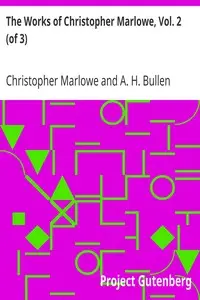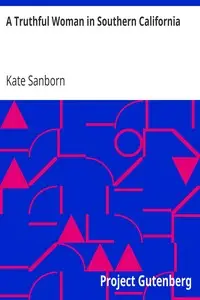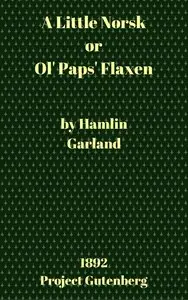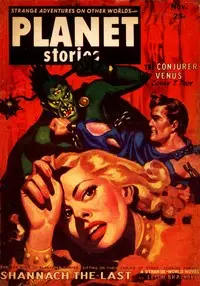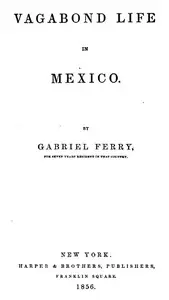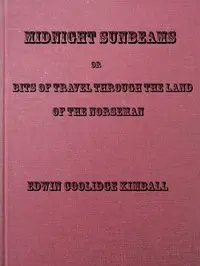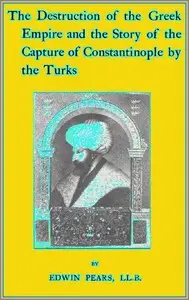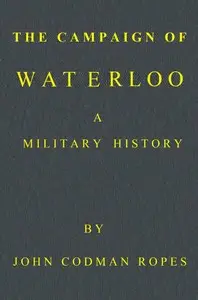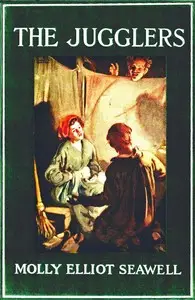"Massacre at Paris" by Christopher Marlowe is a historical play written in the late 16th century. This work is a dramatic representation of the political and religious turmoil surrounding the St. Bartholomew's Day Massacre in France, which saw the violent extermination of Huguenots (French Protestants) at the hands of Catholics. The play explores themes of ambition, betrayal, and the catastrophic impact of religious conflict on society. The narrative unfolds in the politically charged atmosphere of France, detailing the treacherous plots surrounding key figures such as King Charles IX, the Duke of Guise, and King Henry of Navarre. Characters engage in a power struggle driven by their ambitions and religious affiliations, culminating in brutal acts of violence as the Duke of Guise orchestrates the massacre with the support of the Queen Mother. Ultimately, the play captures the chaos and moral ambiguities of a nation torn apart by the violent clash of ideologies, painting a vivid picture of desperation and tragedy as the characters navigate their fateful choices. The gripping tale reflects both the historical events of the era and the enduring human conflicts that arise from the dual passions of power and faith. (This is an automatically generated summary.)

Massacre at Paris
By Christopher Marlowe
"Massacre at Paris" by Christopher Marlowe is a historical play written in the late 16th century. This work is a dramatic representation of the politi...
Christopher Marlowe, also known as Kit Marlowe, was an English playwright, poet, and translator of the Elizabethan era. Marlowe is among the most famous of the Elizabethan playwrights. Based upon the "many imitations" of his play Tamburlaine, modern scholars consider him to have been the foremost dramatist in London in the years just before his mysterious early death. Some scholars also believe that he greatly influenced William Shakespeare, who was baptised in the same year as Marlowe and later succeeded him as the preeminent Elizabethan playwright. Marlowe was the first to achieve critical reputation for his use of blank verse, which became the standard for the era. His plays are distinguished by their overreaching protagonists. Themes found within Marlowe's literary works have been noted as humanistic with realistic emotions, which some scholars find difficult to reconcile with Marlowe's "anti-intellectualism" and his catering to the prurient tastes of his Elizabethan audiences for generous displays of extreme physical violence, cruelty, and bloodshed.



